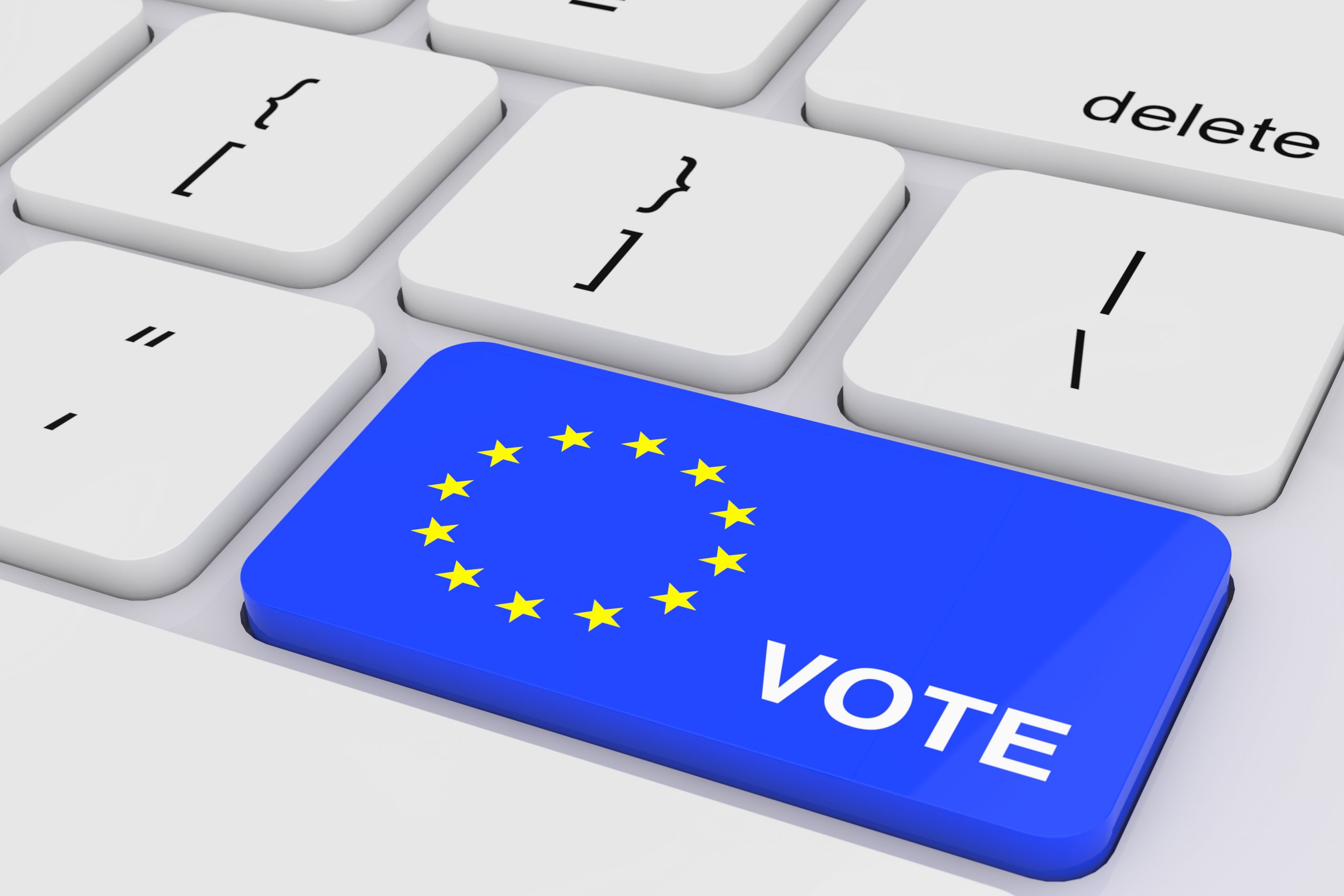At the onset of the digital revolution, there was significant hope – and indeed an expectation – that digital technologies would be a boon to democracy, freedom and societal engagement.
Yet, today, we are witnessing the rise of what might be dubbed ‘digital authoritarianism’, as the world enters its twelfth consecutive year of democratic decline.
There is particular concern around cyber interference in elections. As information can become weaponised, cyber security threats are proliferating, and new technologies such as Artificial Intelligence can be used for malign purposes such as deep fakes, there is legitimate disquiet among everyone who believes in liberal democracy. Or as a newspaper recently observed, what are the implications ‘if debate is infantilised, opponents are deligitimised and opinion is Balkanised’?
These are pressing questions as we prepare for the next European Parliament elections in May 2019, where Spitzenkandidaten, or lead candidates, will once again enter a political contest that will invite up to 367 million people to cast their ballot.
Over the years, the EPSC has done much work on democracy and governance, and we felt that it was time for a dedicated newsletter – to connect the dots, to highlight the potential threats and challenges but above all, to celebrate the freedom and the opportunities that only democracy bestows. The stakes are high and this is not a time for complacency, as you will see from the rich collection of contributions and activities that are featured on the pages to come. As always, thank you for your interest and engagement.

